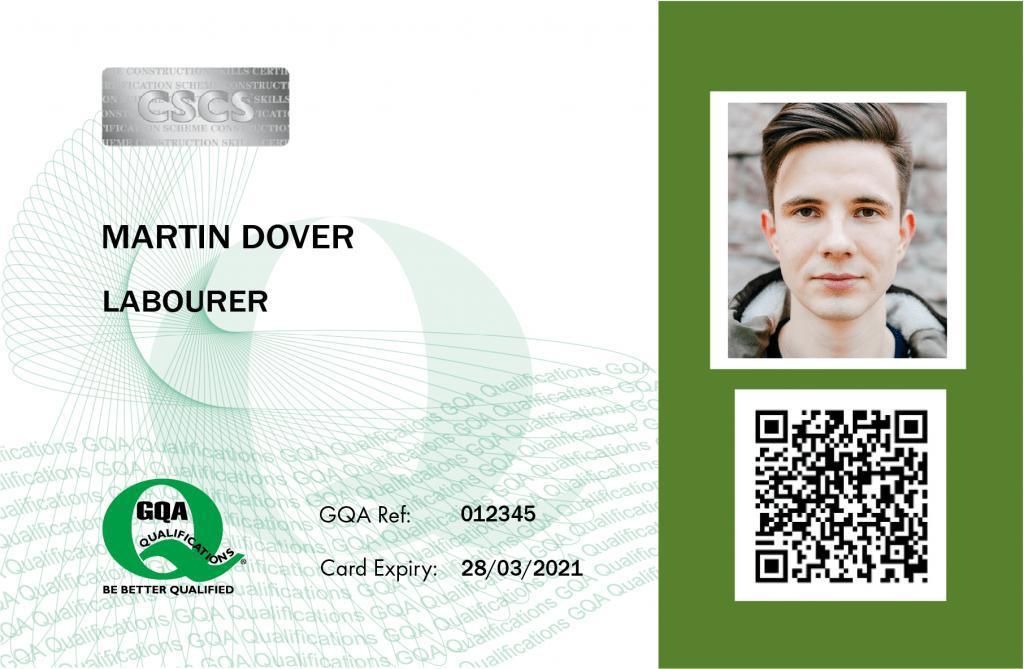
Negotiating and Influencing Skills for Senior Managers
Course ID: 2509154501289EGI
Course Dates : 15/09/25 Course Duration : 5 Studying Day/s Course Location: Istanbul, Turkey
Language: Bilingual
Course Category: Professional and CPD Training Programs
Course Subcategories: Operations and Process Excellence
Course Certified By: * Projacs Academy
* Professional Training and CPD Programs
Certification Will Be Issued From :
KSA
Course Fees: £3,424.06
Vat Not Included in the price. VAT may vary depending on the country where the course or workshop is held.
Click to Pay
Date has passed please contact us Sales@e-s-hub.com
Course Information
Introduction
Negotiation and influence are at the heart of leadership, shaping outcomes in business relationships, organizational strategy, and stakeholder engagement. For senior managers, mastering these skills is not merely an advantage but a necessity to navigate complex decision-making environments effectively. Whether it involves securing favorable terms with suppliers, aligning cross-functional teams, or guiding organizational change, the ability to negotiate and influence determines success at all levels. Drawing from established frameworks such as Fisher and Ury’s "Getting to Yes" and Robert Cialdini’s principles of persuasion, this course delves into both the theoretical foundations and practical applications of negotiation and influence.
In today’s competitive landscape, senior managers often face challenges stemming from misaligned interests, conflicting priorities, and limited resources. These issues are compounded by cultural differences in global organizations, evolving market dynamics, and the increasing importance of ethical practices. A notable example is the case of a multinational corporation attempting to expand into emerging markets—where negotiations faltered due to inadequate understanding of local customs and communication styles. This highlights a critical gap in many leaders’ skill sets: the lack of adaptive strategies that balance assertiveness with empathy. By addressing these gaps, this course equips participants with tools to foster collaboration while achieving desired outcomes.
The benefits of honing negotiation and influencing skills extend beyond individual growth—they drive organizational success. Leaders who excel in these areas can build stronger partnerships, resolve conflicts constructively, and inspire trust among their teams. Research indicates that organizations led by skilled negotiators experience higher profitability and employee satisfaction. For instance, Google’s Project Oxygen revealed that effective communication and influence were among the top traits distinguishing high-performing managers. Such insights underscore the pivotal role of negotiation and influence in driving sustainable performance.
To ensure depth and relevance, this course integrates real-world examples and industry trends. Consider the story of Satya Nadella, Microsoft’s CEO, whose transformational leadership hinged on his ability to influence stakeholders during a period of strategic realignment. Similarly, companies like Salesforce have leveraged negotiation techniques to create win-win scenarios with clients, fostering long-term loyalty. Through interactive sessions and case studies, participants will explore how these principles apply to diverse contexts, from resolving internal disputes to crafting lucrative deals.
Another dimension of this course lies in its focus on ethical considerations—a cornerstone of modern leadership. As public scrutiny intensifies, senior managers must navigate negotiations transparently and responsibly. For example, Volkswagen’s emissions scandal demonstrated the repercussions of unethical practices during regulatory discussions. By emphasizing integrity alongside effectiveness, this program ensures participants develop a holistic approach to negotiation and influence.
Ultimately, this course transcends traditional training paradigms by blending theory with experiential learning. Participants will engage in simulations, role-playing exercises, and reflective discussions designed to sharpen their abilities. They will leave equipped not only with actionable strategies but also with the confidence to implement them in high-stakes situations. In doing so, they contribute to their personal development and fortify their organizations against the uncertainties of tomorrow.
Objectives
By attending this course, participants will be able to:
Analyze key negotiation theories and frameworks to identify optimal strategies for different scenarios.
Evaluate the impact of nonverbal communication and emotional intelligence on influencing outcomes.
Design persuasive arguments using principles of logic, credibility, and appeal tailored to specific audiences.
Implement advanced negotiation tactics, including BATNA (Best Alternative to a Negotiated Agreement) and ZOPA (Zone of Possible Agreement), to achieve favorable results.
Apply conflict resolution techniques to de-escalate tensions and foster collaborative solutions.
Assess ethical dilemmas in negotiation and propose solutions aligned with organizational values.
Reflect on personal negotiation styles through feedback mechanisms and refine them for improved effectiveness.
Who Should Attend?
This course is ideal for:
Senior managers, directors, and executives across industries such as finance, healthcare, technology, and consulting who seek to enhance their leadership capabilities. It is particularly valuable for professionals responsible for strategic decision-making, stakeholder management, or team leadership. Additionally, HR managers aiming to improve workplace relations and consultants seeking to add value to client engagements will find the content highly relevant. While prior experience in negotiation is beneficial, the course caters to intermediate learners looking to deepen their expertise rather than beginners requiring foundational knowledge.
Training Method
• Pre-assessment
• Live group instruction
• Use of real-world examples, case studies and exercises
• Interactive participation and discussion
• Power point presentation, LCD and flip chart
• Group activities and tests
• Each participant receives a 7” Tablet containing a copy of the presentation, slides and handouts
• Post-assessment
Program Support
This program is supported by:
* Interactive discussions
* Role-play
* Case studies and highlight the techniques available to the participants.
Daily Agenda
The course agenda will be as follows:
• Technical Session 08.30-10.00 am
• Coffee Break 10.00-10.15 am
• Technical Session 10.15-12.15 noon
• Coffee Break 12.15-12.45 pm
• Technical Session 12.45-02.30 pm
• Course Ends 02.30 pm
Course Outlines
Foundations of Negotiation and Influence
Introduction to negotiation theory and key terminology
Understanding power dynamics and leverage
Exploring personality types and their impact on negotiation styles
Case study analysis: Lessons from successful negotiators
Day 2:
Building Persuasive Communication Skills
Principles of effective verbal and nonverbal communication
Crafting compelling messages using storytelling techniques
The role of active listening in building rapport
Workshop: Practicing empathetic communication
Day 3:
Advanced Negotiation Strategies
Introduction to BATNA, ZOPA, and reservation points
Tactics for handling difficult counterparts and impasses
Managing multi-party negotiations and coalitions
Simulation exercise: Real-life negotiation scenario
Day 4:
Conflict Resolution and Ethical Considerations
Identifying sources of conflict and escalation triggers
Applying mediation and arbitration techniques
Balancing ethics and pragmatism in negotiation
Group discussion: Navigating moral dilemmas
Day 5:
Application and Mastery
Developing a personal action plan for continuous improvement
Leveraging technology in virtual negotiations
Review of best practices and emerging trends
Final assessment: Role-play simulation and debrief



















































